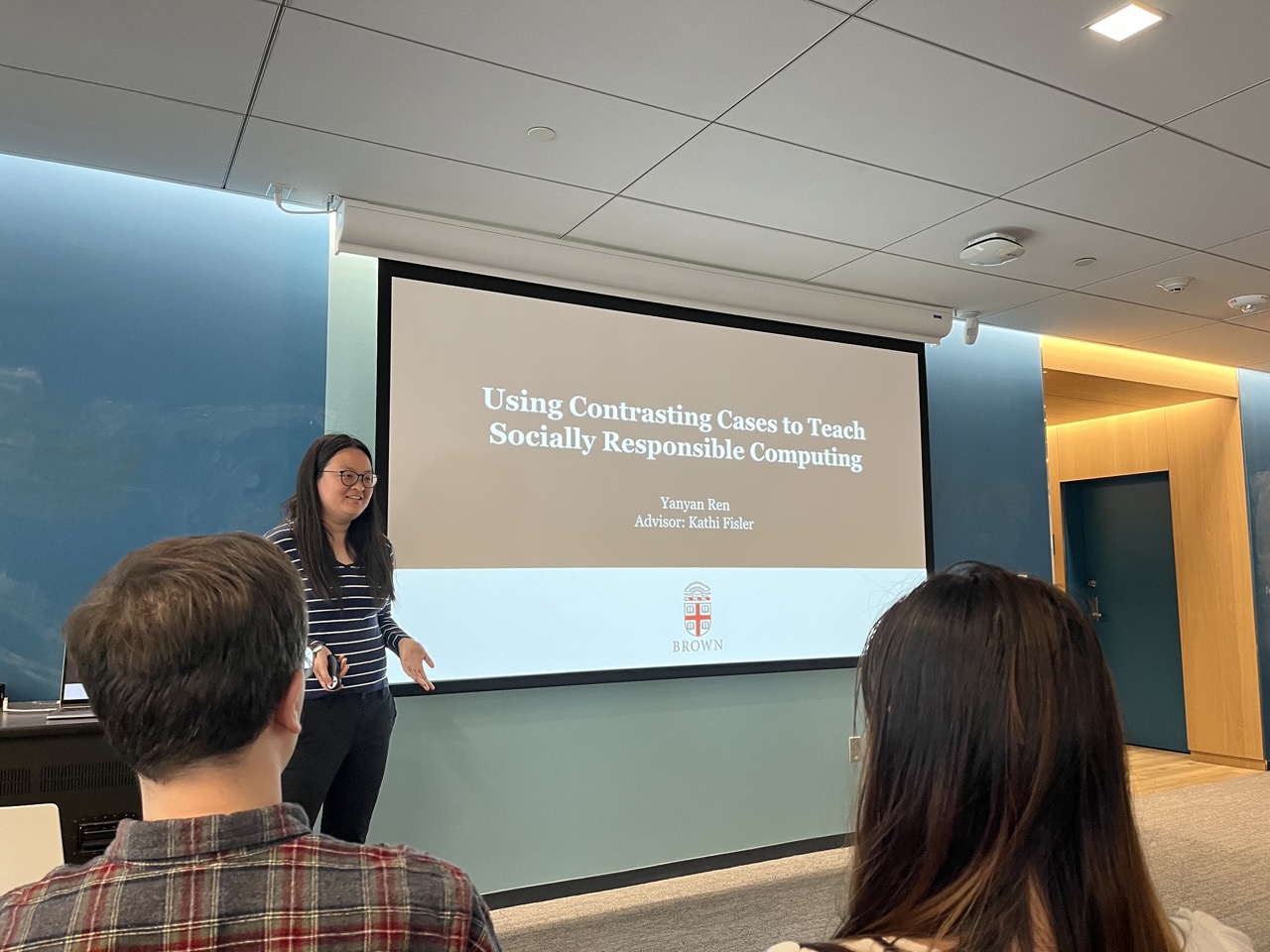Grants awarded range from $1,750 to $60,000, supporting projects ranging from health applications of machine learning to improving data science education, from using text mining to understand the changing nature of social elites to creating better models for human-robot interactions. These projects will engage researchers at all levels, including high school students and undergraduates.
Data Science Institute
Data Science Grants @ Brown 2023-2024
In 2023, DSI awarded nine grants in to data science researchers in a range of disciplines at Brown.
Data Science Grants @ Brown 2023-2024
In 2023, DSI awarded nine grants in to data science researchers in a range of disciplines at Brown.
DSI 2023 Seed Grants Poster Session
On May 17th, 2:00-3:30pm, 2024, the 2023 Seed Grant Awardees will present their projects and what they have accomplished in the past year.
Please join DSI for a poster session and lightning talks on their impactful data science research. Light refreshments will be served.
DSI, 164 Angell Street, Floor 3
 Pablo León Villagrá (Cognitive, Linguistic, and Psychological Sciences)
Pablo León Villagrá (Cognitive, Linguistic, and Psychological Sciences)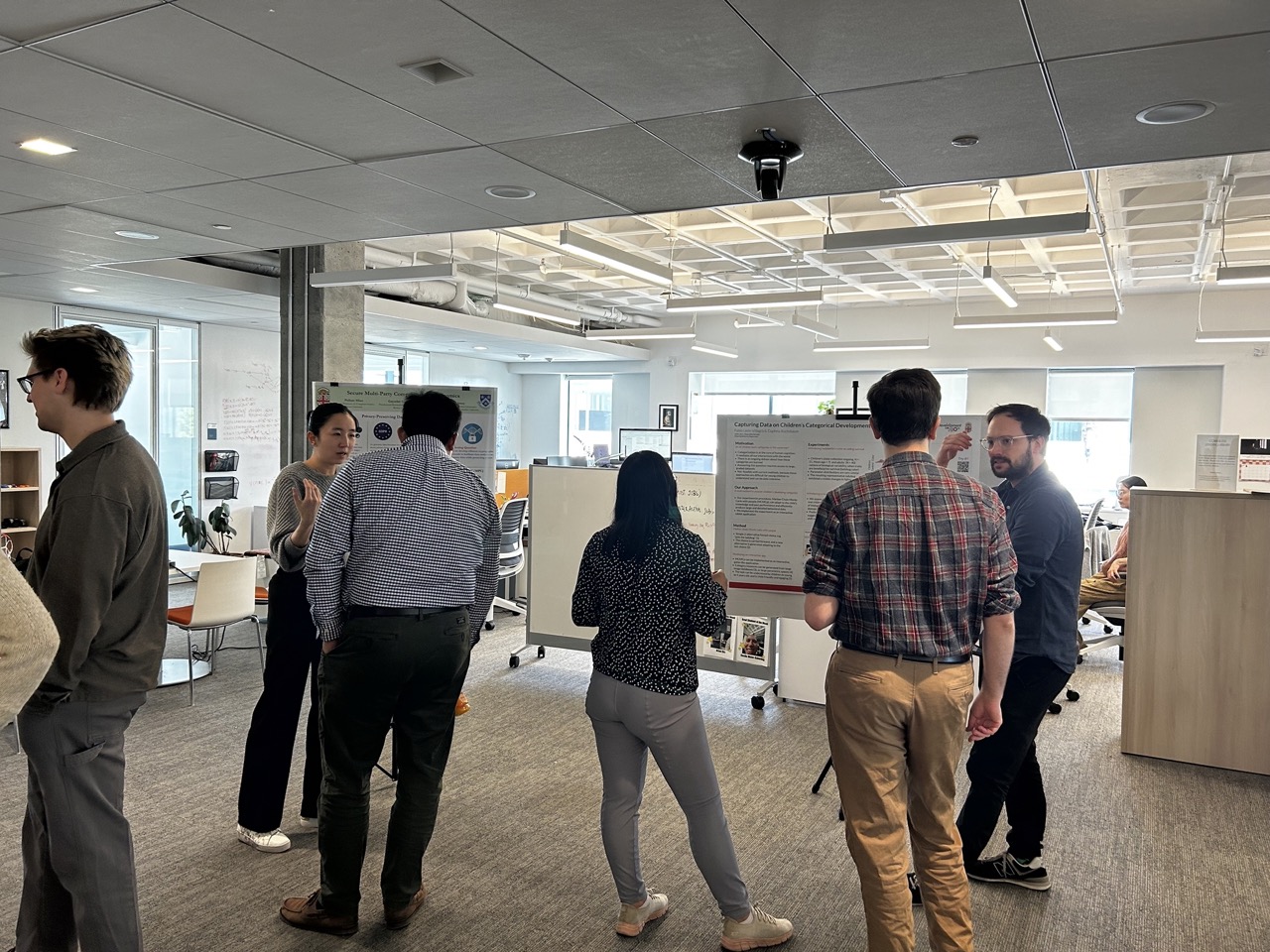
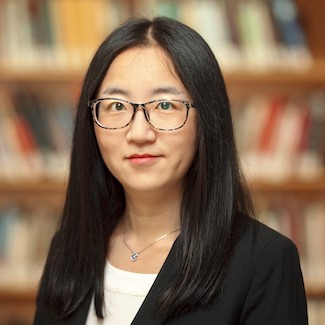 Peihan Miao (CS), Gayatri Garimella (CS), Gamze Gursoy (New York Genome Center, NYU)
Peihan Miao (CS), Gayatri Garimella (CS), Gamze Gursoy (New York Genome Center, NYU)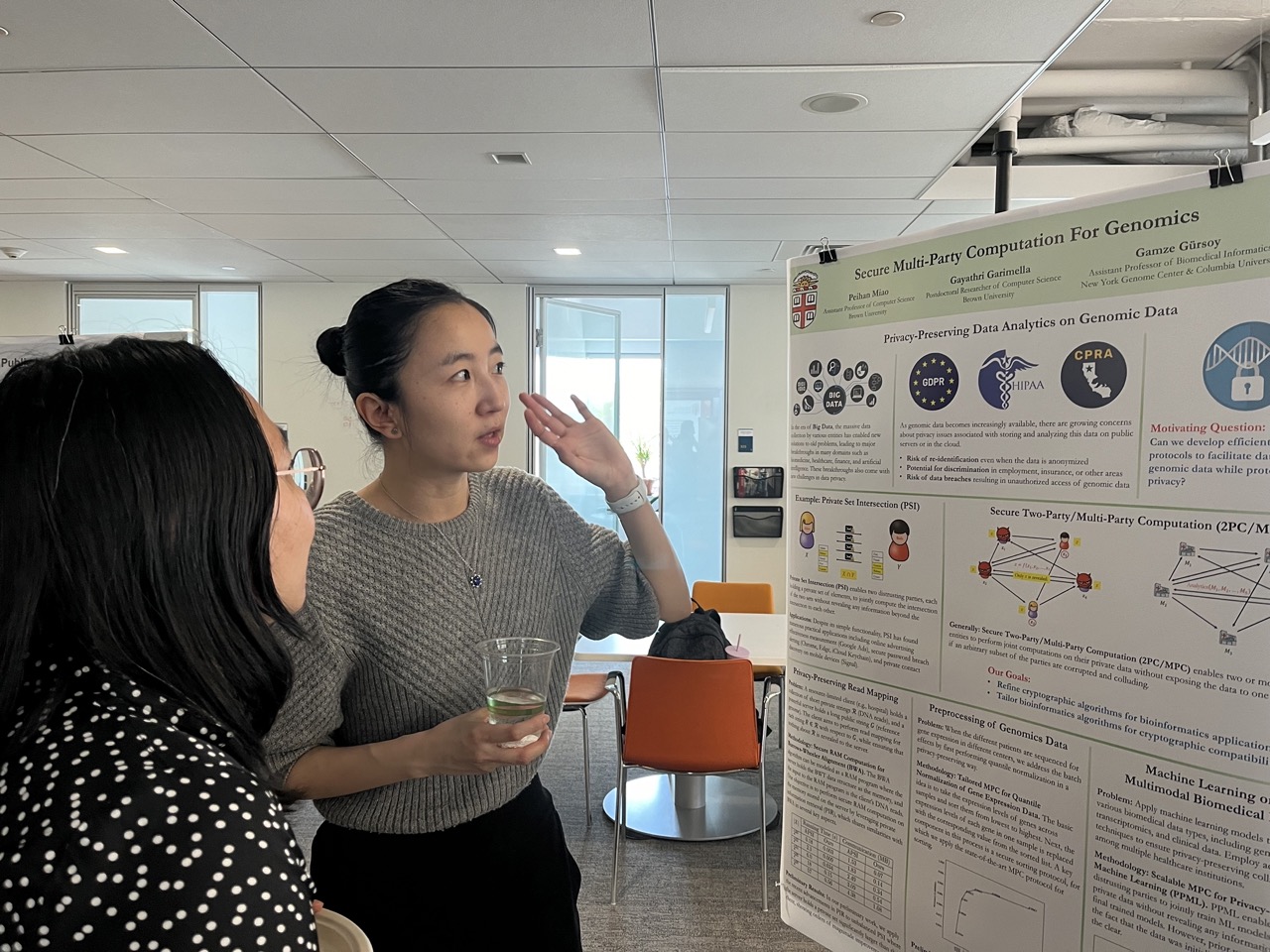
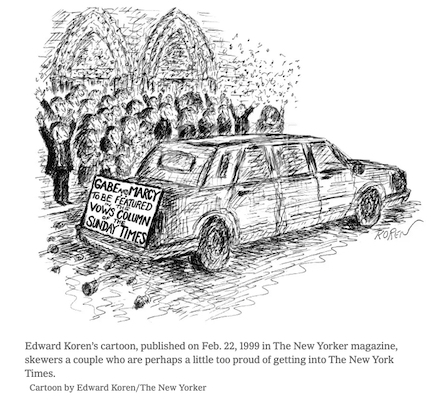 Zhenchao Qian (Sociology) and Guixing Wei (Population Studies Training Center and Spatial Structures in the Social Sciences)
Zhenchao Qian (Sociology) and Guixing Wei (Population Studies Training Center and Spatial Structures in the Social Sciences)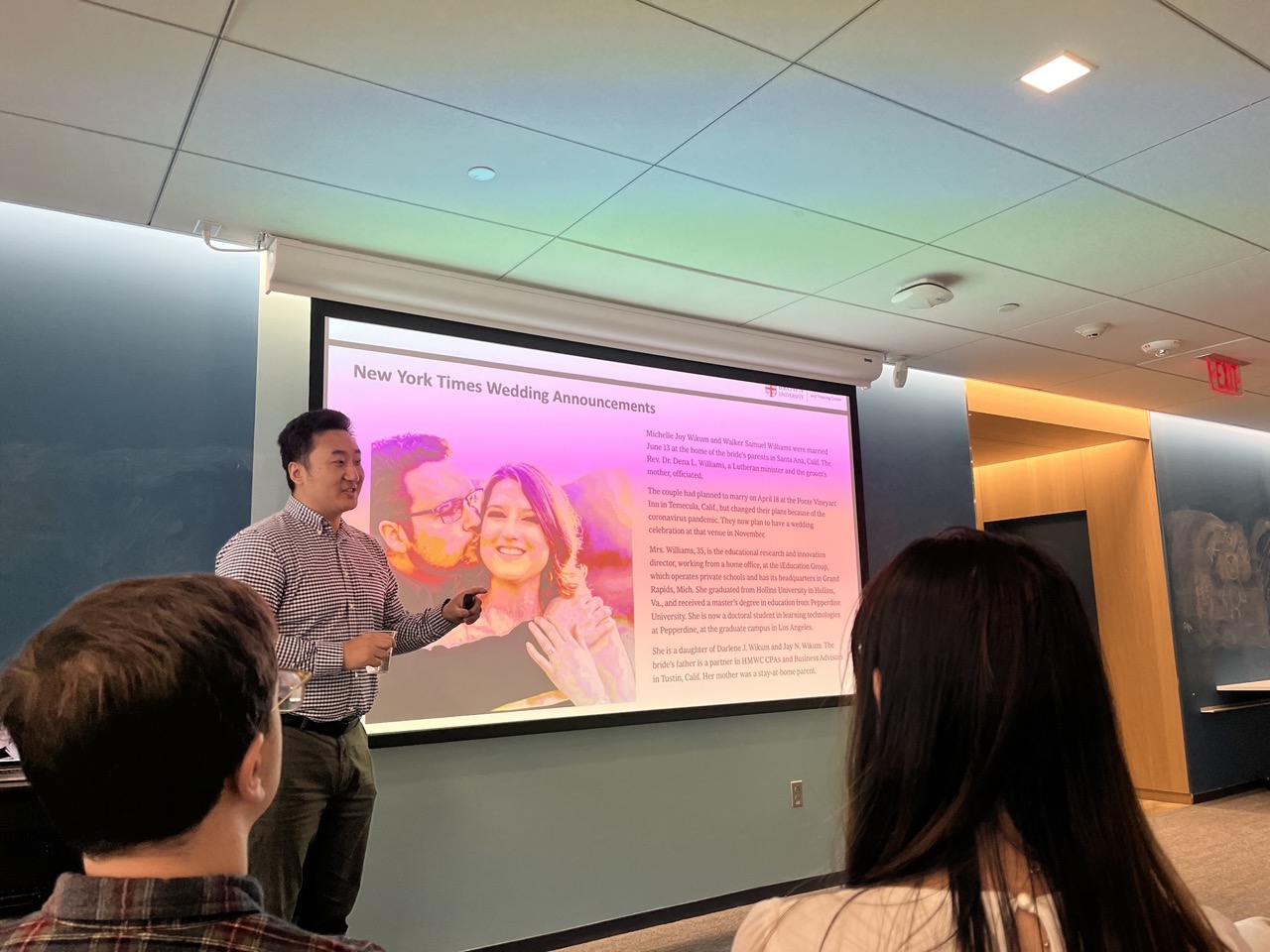
 Sarah Lummis and Emanuele Di Lorenzo (DEEPS/IBES)
Sarah Lummis and Emanuele Di Lorenzo (DEEPS/IBES)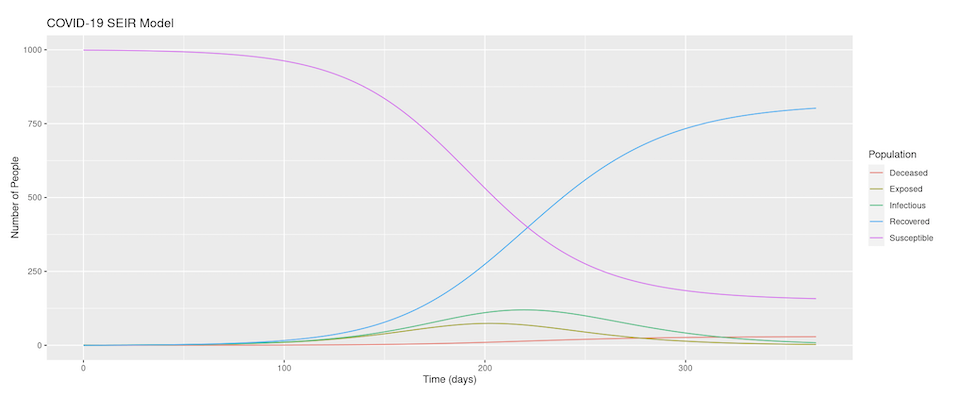 Alice Paul (Biostatistics)
Alice Paul (Biostatistics).png) Kim Gallon (Africana Studies, Black Health Heritage Data Lab), Terina Keller (Africana Studies)
Kim Gallon (Africana Studies, Black Health Heritage Data Lab), Terina Keller (Africana Studies)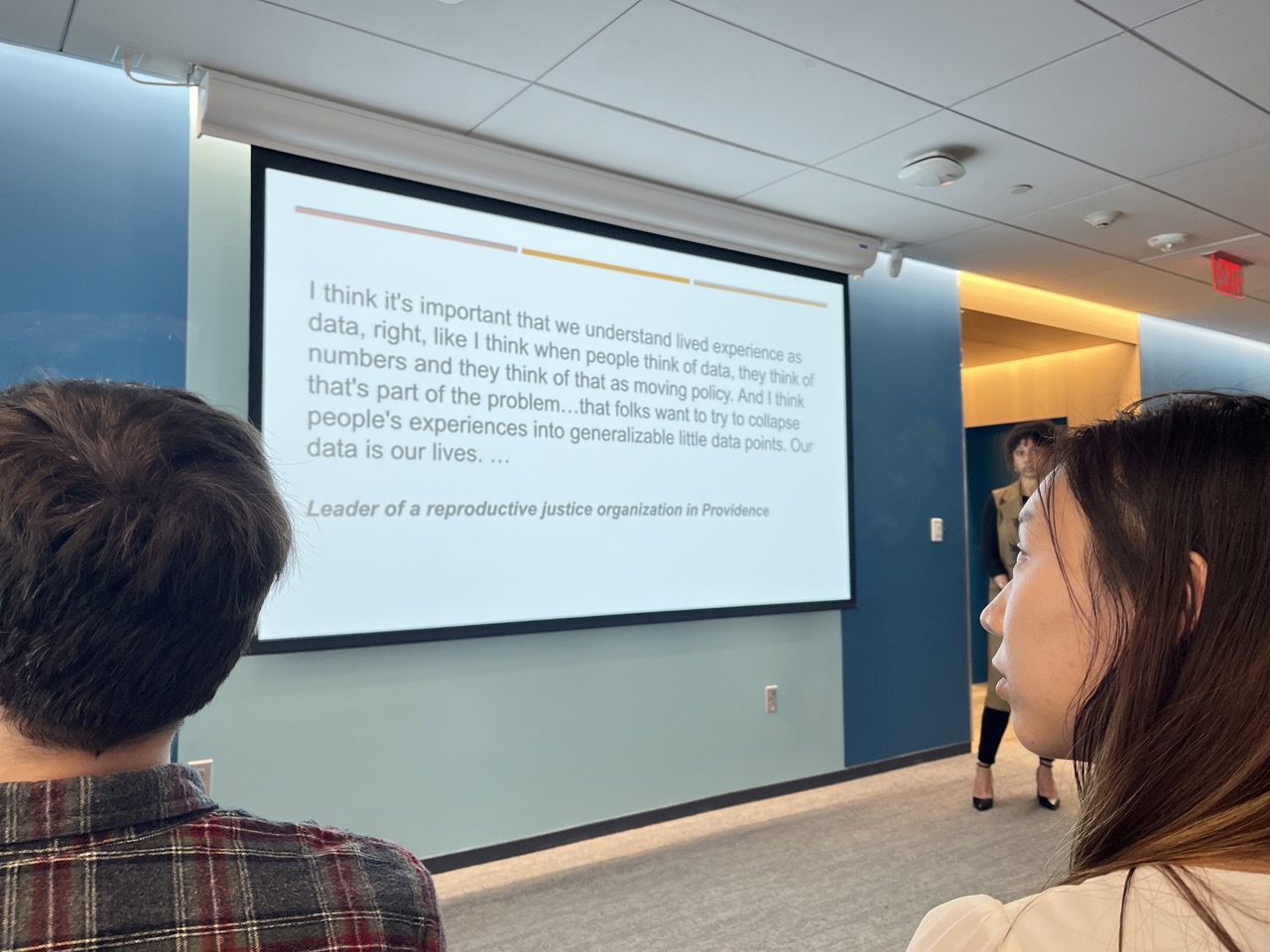
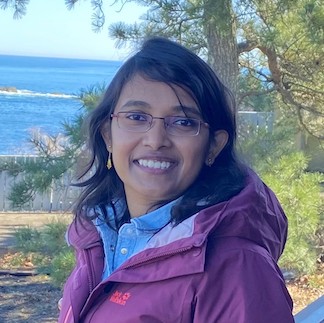
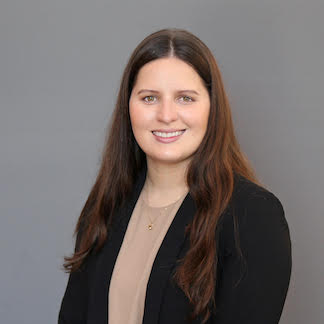
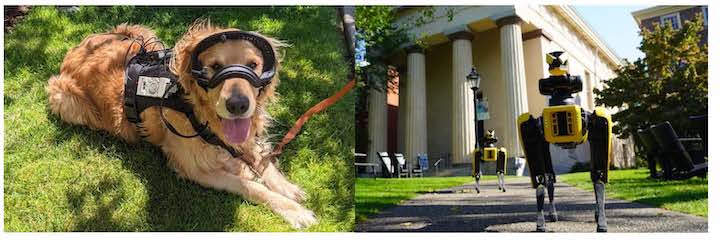
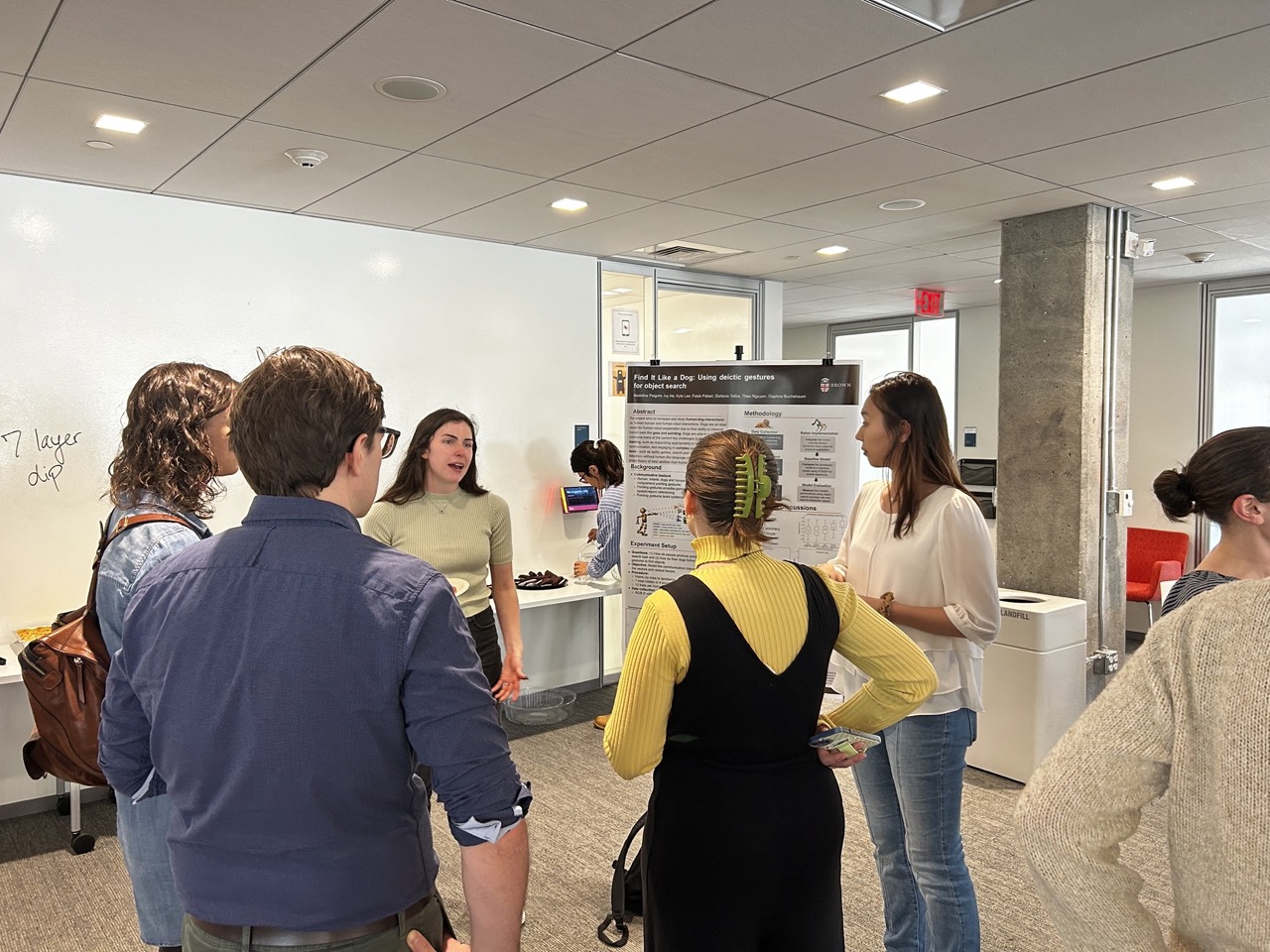
 Kathi Fisler (CS) and Yanyan Ren (CS)
Kathi Fisler (CS) and Yanyan Ren (CS)